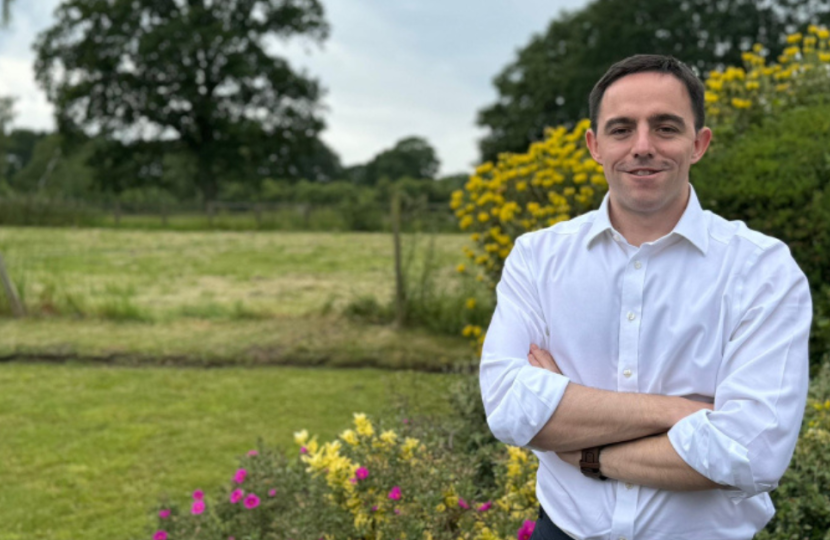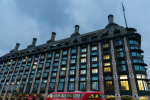
Twenty years ago one could be forgiven for thinking the Liberal Democrats were a minor annoyance, like a wasp on a winter's day. But everyone who receives this email, will, or at least should, be under no illusion that the Liberal Democrats are our greatest challenge in the upcoming elections next May.
In Surrey, we have, recently, been above average in thwarting their rise, with by-election wins by the fabulous Daniel Husseini, Colin McFarlane, and John O'Reilly. (Both Daniel and John have written superbly about how they came to be successful and I have included links to their ConHome articles at the bottom of this piece). The common themes underpinning their winning campaigns included picking key/hyper local issues, strong mutual support from across the county (#OneSurrey), and being a community champion.
But it is worth putting hubris aside and asking ourselves, how did the Liberal Democrats become so effective and what can we learn from that? The one thing that strikes me time and again is just how relentlessly political they are. What do I mean by that? It means in everything they do they ask themselves, not just, "How can I help this person or this community but also how does this help us win the next election" (or even, “How does this prevent us losing it").
A prime example is their expanding message around council finances, of councils they run. Instead of taking responsibility for their actions, blaming the central government for lack of funding or the broader economy, they are attempting to shape a narrative about Conservative profligacy, in some cases, many years after we lost control of the Borough or District.
More microscopically, when they pick a local issue to stand behind they relentlessly use that issue, not just to achieve their stated aim, but to gain support through data gathering which they can then exploit time and time again in the lead up to elections. Crucially, they pick issues whereby no matter the outcome they can frame it as either victory or victimhood.
The ability to translate hard work as a local councillor into political gain is not a patent owned by the Liberal Democrats. When it comes to strategising about May ‘25 we ought to ask ourselves three questions. 1) Does this issue or campaign matter to people - does the issue hit them in their pocket or tug at their heartstrings? The answer to that should always be yes, and oftentimes, even issues you would not think fit in this mould can be framed as such... leading to question 2) Can we communicate this effectively, in 30 seconds, on the doorstep? Daniel and John wrote eloquently about their relentless campaigns and piles of burnt shoe leather. In the local elections those doorstep conversations are crucial and framing an argument quickly and succinctly is critical... and question 3) What's next? When we fix a problem that is not "box ticked" move on. We need to gather data (names, emails and phone numbers) but also keep communicating and figure out what the next campaign is.
Public service is a core Conservative value, but we can only serve if we win, which is why winning is also a core Conservative value! We need to retain our commitment to service, helping and growing our local communities as a key part of our strategy in the lead up to May, but also we need to ask ourselves, in all our decisions, is this helping me win, and how.
Ed McGuiness
GE 2024 Parliamentary Candidate, Surrey Heath,

